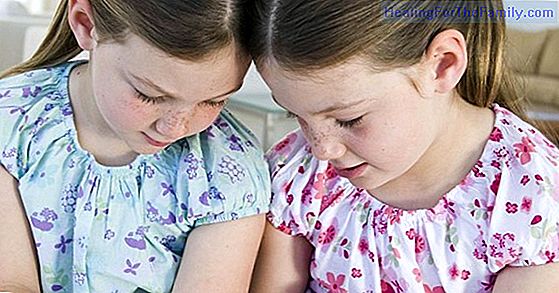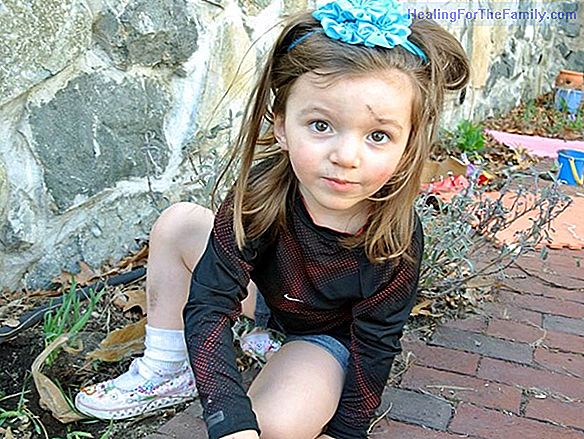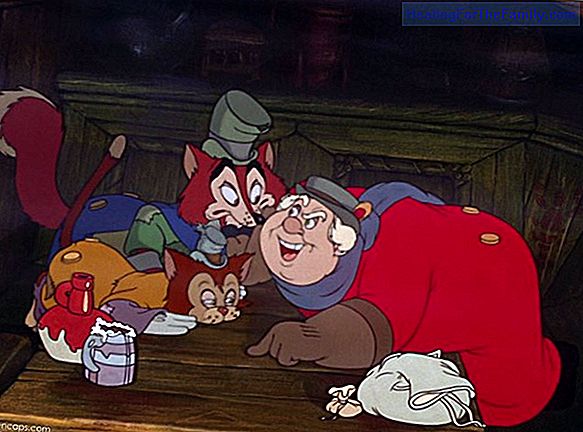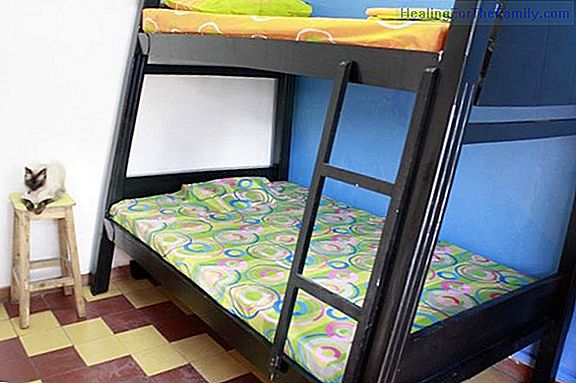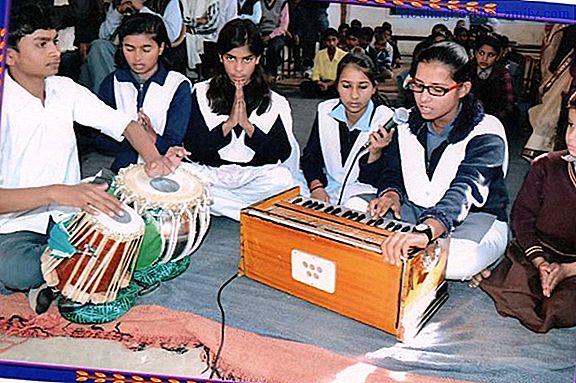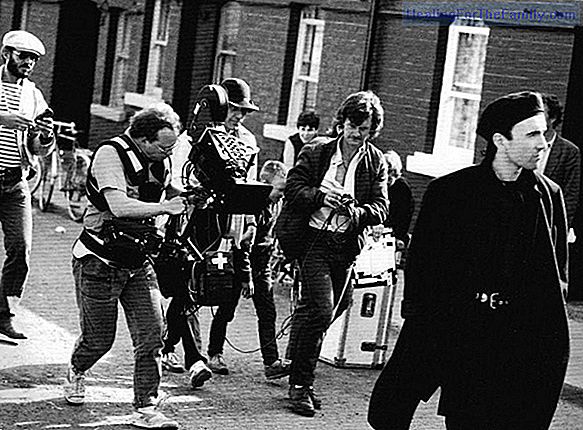Games to promote self-esteem in children
A child with good self-esteem is a child who is assured of part of his or her success in life. Hence the importance of encouraging our children's self-confidence, their sense of worth and their self-esteem in general. And nothing better than doing it playing. If you do not know what to do to increas
A child with good self-esteem is a child who is assured of part of his or her success in life. Hence the importance of encouraging our children's self-confidence, their sense of worth and their self-esteem in general. And nothing better than doing it playing.
If you do not know what to do to increase your child's self-esteem, try the game. We offer you three activities that you can do with your children to strengthen their atoestima.
3 games to increase self-esteem in children

We know that play is paramount for the child's development and that it directly affects their self-esteem. The game allows children to know their qualities, abilities and skills but also their limitations. Play with your children and show them how much they are worth and how much they can still learn.
1. Symbolic game. The game par excellence, the play to be or the role play is the best game to develop personal and social skills, while increasing the self-esteem of children. Any game that involves putting oneself in someone else's shoes and relating to other people, real or imagined, is an excellent opportunity to promote the self-esteem of our children. Take advantage of their game to praise their personal, social and emotional qualities.
2. Star casting. Recommended age from 5 years, although we can start a little earlier. Sitting on the floor, in the form of a circle if we are many, for example, dad, mom, siblings or a group of children of the same age, we will say something positive to each of the participants while we give them a paper star or a sticker The least is the star since we all have to finish with the same number of them. The fundamental thing is to think about what we say to others, what they tell us and what we feel. At the end of the game it is important that we ask what they liked most, what less and how they felt during the activity.
3. Hidden treasure box. This game must be done with a group of children (3-4 minimum). It is a dynamic that will allow children to discover how unique and special they are. Inside a box we will hide a mirror. We will explain to the children that inside there is a unique treasure in the world, something special, wonderful, something unrepeatable. We will thus generate expectation. One by one, we will open the box and ask that you do not say anything to anyone. When all the children have seen the treasure, we will ask them to say aloud what they have seen. After this, we will ask them to say aloud what they believe that makes them unique and special, unrepeatable and wonderful people.

